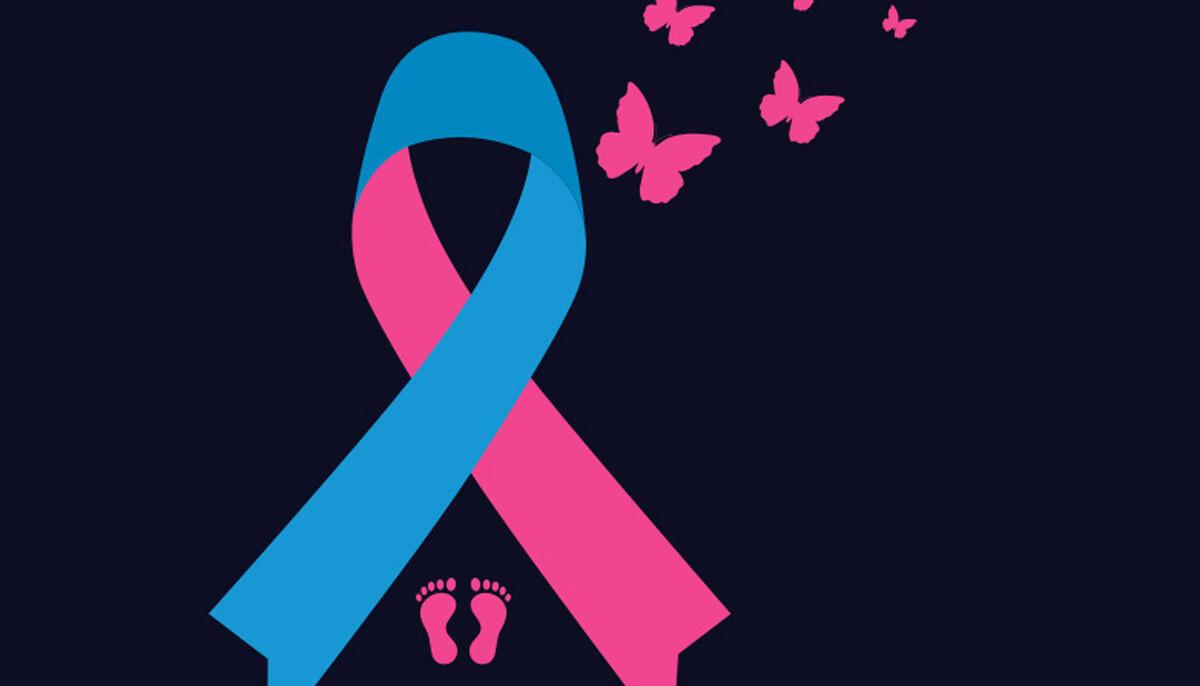Emotional state after pregnancy loss
The way everyone feels after such an experience differs from person to person, but it is perfectly normal to feel one or all of the following things:
- Sad and with a tendency to cry, maybe more than you expect
- Shocking, especially if you had no warning signs
- Anxious or confused about what is happening and what could happen in the future
- Numb - unable to feel anything
- Angry - at fate, at the partner, at the medical staff or just at the injustice of what happened
- Jealous, especially of other pregnant women or those with newborns
- Guilty - you wonder if you did something wrong
- In vain and alone
- Panicked and out of control
- You can't face everyday life
It is normal to feel physical pain. Some women feel very tired, even long after the pregnancy loss. Headaches or stomachaches, constipation, diarrhea or insomnia are possible. These symptoms will probably disappear in time, but if you are worried, it would be a good idea to talk to your family doctor or maybe a specialist.
Sometimes there are individual circumstances or certain types of loss that can make things even harder to bear. If you have had recurrent miscarriages, an ectopic pregnancy, a molar pregnancy, a miscarriage (after 14 weeks of pregnancy) or fertility problems, you may need additional care and support.
Recovery after pregnancy loss
It can take time to recover emotionally from a miscarriage - from days to weeks or even months.
Even when you start to feel better, you may still have hard times. You might be upset when you have your first period; the bleeding may remind you of the miscarriage and the fact that you are no longer pregnant. It may be difficult for you to hear news that someone has become pregnant or that they have given birth. The day the child would have been born or the anniversary of the loss could be particularly upsetting. But there will come a time when these feelings will dissipate.
It can be helpful to have support from someone who understands or to read about other people's experiences and feelings. Both can make you feel less alone and help you in difficult moments.
Recurrent spontaneous abortion
Losing a pregnancy repeatedly, called recurrent miscarriage, in the first trimester of pregnancy (first 12 weeks), is a difficult situation. 1 out of 100 couples trying to have children face the loss of pregnancy 3 or even more times in a row.
Additional investigations are only available in the case of 3 recurrent spontaneous abortions, not after one or two; this is a result of statistics, which show that the chances of a successful pregnancy the next time are extremely good, suggesting that the miscarriage was caused by bad luck rather than a fundamental cause.
If a woman has 3 or more consecutive abortions, it is more likely that there is an underlying cause, so referral to a specialized clinic is recommended.
Risk factors for pregnancy loss in the first trimester
There are several risk factors that are related to repeated miscarriage in the first trimester. These include: the mother's age , the number of previous abortions , heavy alcohol consumption , obesity , anti-phospholipid syndrome , immune factors, endocrine factors, infectious agents, chromosomal abnormalities in the child and chromosomal rearrangements in the parents.
Immunological factors and the anti-phospholipid syndrome
During pregnancy, blood flow between mother and fetus is very important. There are a large number of antibodies that can affect the blood supply to the placenta or cause abnormal implantation of the placenta in the uterine wall. 15% of women experiencing recurrent miscarriages have high levels of these antibodies. Some people have blood clotting problems due to abnormalities inherited from their parents.
Endocrine test
A high thyroid imbalance in a woman that has not been detected or has been poorly investigated is associated with miscarriage. The same thing can happen to a woman who is not diagnosed or is wrongly investigated for diabetes in the first 12 weeks of pregnancy. If properly investigated, both medical conditions should not cause a miscarriage.
In general, infection is not considered to be a cause of recurrent miscarriage in the first trimester. However, severe infection at the time of abortion could be the cause. The treatment is very simple, being in the form of antibiotics.
Chromosomal abnormalities in children and chromosomal rearrangements in parents
The child's chromosomes contain genetic information. Everyone has 23 pairs of chromosomes that add up to 46 in total. When you conceive, the child receives half of its chromosomes from the mother and half from its father. In about 50% of miscarriages, it is believed that the children's chromosomes had a problem. It happens shortly after conception (when the sperm meets the egg), therefore, some clinics specialized in recurrent miscarriage will offer a chromosomal analysis of the pregnancy tissue after a miscarriage. The older you are, the more likely this is to happen.
A very small percentage of people (1.9%) can have a chromosomal rearrangement called a balanced translocation. This does not cause problems, but it can be passed on to the child, which can cause an unbalanced translocation, meaning that the fetus does not have enough genetic information or has too much. Routine chromosome testing is not currently offered.
If there is no explanation for repeated pregnancy loss, the couple has a very good chance of having a child, without treatment, if they are offered individual assistance in a clinic specialized in spontaneous abortion, with dedicated staff.
Care before becoming pregnant
When you are ready to try again to get pregnant, it is good to make sure that your body is ready for a pregnancy, that is why it is important to be healthy. A normal body weight, avoiding smoking and consuming large amounts of alcohol will have a positive impact on your health. At some clinics, your vitamin D, calcium and iron levels will be checked, so that if a deficiency of these is observed, it can be treated before you become pregnant.
The reason why some couples experience miscarriage is not fully known, so doing research is very important. The research may help health professionals find reasons and potential treatments for couples who experience recurrent miscarriage.







